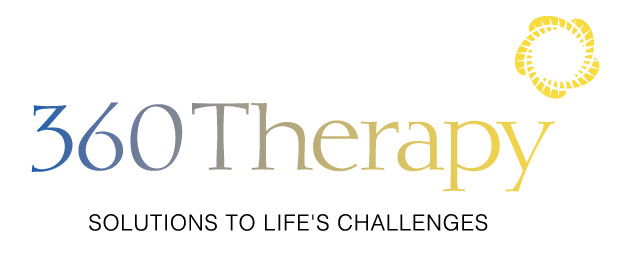Spiritual Counseling

Spiritual therapy is a form of counseling that attempts to treat a person’s spirit, as well as mind and body, by accessing individual belief systems and using one’s faith in a higher power to explore areas of conflict in life. People who believe in a higher power may find that Spiritual therapy helps them achieve a deeper connection with this power.
Spiritual concerns can be existential questions that center on the basic premise, “who am I, why am I here, what is the ultimate purpose of life & what is death?” Such questions about free will, choice, authenticity, personal responsibility, and our thoughts around one’s ultimate destiny, enter into the many topics of Spiritual therapy. There are other areas that this topic touches on, but ultimately its core message is in finding meaning in life & death for oneself and loved ones.
When this arena of life becomes problematic, or when there develops a burning desire to have these questions answered, Spiritual therapy can help to explore and answer these questions in a manner that is respectful and fulfilling. With many individuals, these questions and concerns seem blurred with religion and/or cultural beliefs. Spiritual therapy focuses on a holistic approach with a broader perspective that also includes the cognitive and philosophical aspects of one’s multidimensional life.
Spiritual therapy may also involve communing with nature, meditation, music, and other nontraditional therapeutic practices. All of these may be employed in an effort to connect the body and mind with the soul and explore the deepest part of oneself. While spirituality can be categorized with religion, one’s spirituality may be simply an awareness of the universe and one’s connection to it. Often, individuals who describe themselves as spiritual, state their desire to attain a feeling of harmony with the universe and pursue spiritual therapy, to achieve this goal.
*Spiritual Therapy should never impose or suggest any beliefs or creeds.
